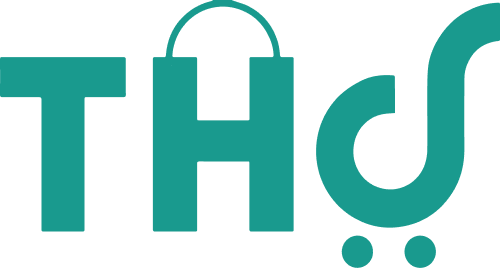Digital health offers the ability to reduce illness and healthcare costs while also assisting people in monitoring and managing chronic disorders. Additionally, it also allows the ability to customize cures for each patient. As digital healthcare is a better and more efficient alternative to traditional healthcare, it’s only fair to say that the timing for new advancements in healthcare is now!
A major part of digital healthcare is Digital health advancements that can assist healthcare practitioners in greatly expanding access to health data and helping patients through digital tools. A good Digital health tool allows the user to gain data and insights that will in turn help them to have more control over their health. The end result of this is more effective and better therapeutic outcomes. Thus not only is digital health the future but also the advancement of digital tools in healthcare is a vital part of the field of medicine. With this in mind, let’s go over some essential components of digital transformation in healthcare.
1. Allowing the Customization of healthcare provided:
People are unique; they have varying demands, unique life situations, and particular challenges. Giving patients a choice, however, is the art of a new paradigm in healthcare. And you can accomplish that by ensuring simple, round-the-clock access to primary care with symptom checkers and giving patients some control over how they obtain treatment.
2. Creating a sense of understanding between patients and doctors
Regardless of the obstacles that prevent people from seeing their doctor—distance, lack of time, financial hardship, or fear—it can frequently be impossible to get over them. However, healthcare innovations can create new connections between patients and healthcare delivery systems through practicing complete transparency. As a result, the idea of “healthcare at a single click” becomes a reality, reviving the significance of an understanding doctor-patient relationship.
3. Giving patients resources so they can manage their own health
Healthcare has been reliant on data produced in medical facilities for far too long. Patients can explain their current state of health, but their perspectives and experiences are frequently lacking. The patient may monitor their own vital signs and record other data that may be simpler to record at home than during a brief, occasionally tense visit to the doctor. Not only is this information crucial for making decisions, but they also foster trust and present the important psychological factors that influence care.
4. Keeping the Tools and services updated:
Of course, in order to guarantee the greatest quality and place patient safety first, any innovation in healthcare must be regulated and consist of updated medical knowledge. People need more discretion when making decisions about their health within the context of the health system, therefore an outdated service or system will not last. For instance, the COVID-19 pandemic demonstrated how simple it was for patients to switch to telemedicine or pre-diagnostic services, which were implemented by the majority of cutting-edge healthcare organizations.
Conclusion:
The landscape of healthcare is getting increasingly dispersed and complex. In order to adapt, organizations will need to adopt open systems that enable sophisticated analysis of several data streams and the creation of customer-centric services. They must be able to see processes as continuous flows rather than discrete handoffs, accept greater risk when necessary, work more quickly, and form creative alliances. For businesses with decades-old legacy systems, procedures, and operating models that were designed for a brick-and-mortar environment, all of this is easier said than done.
Our platform, Total Health Solutions is consolidating, inventing, and accelerating technologies in the digital health sector. Our technology stack is both doctor & patient-friendly, ensuring better healthcare infrastructure in India!

